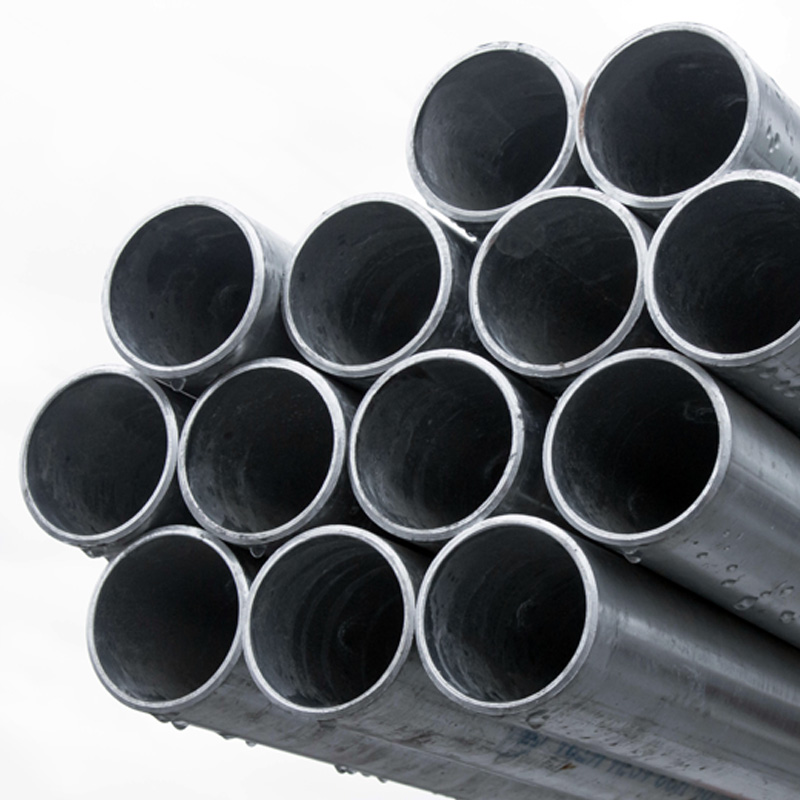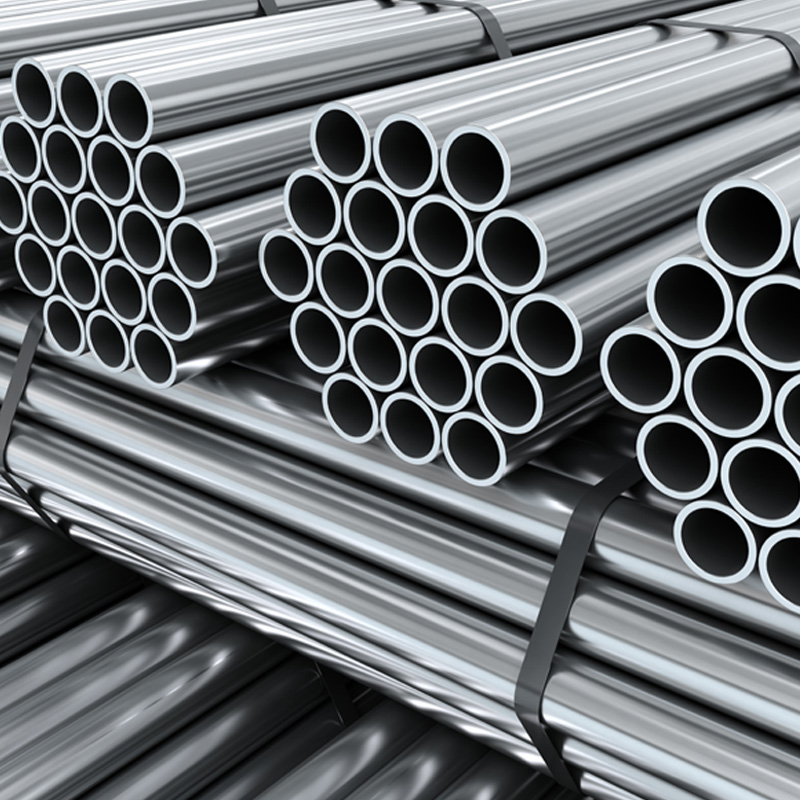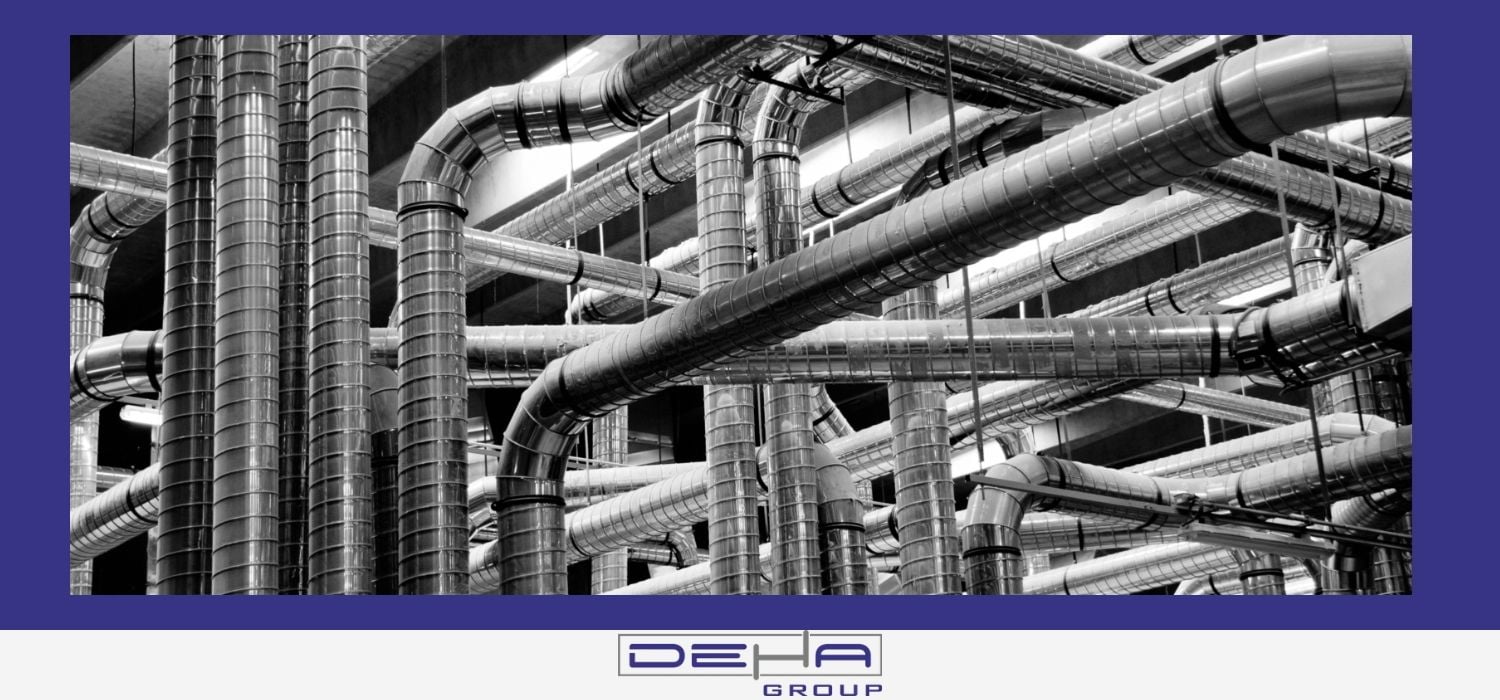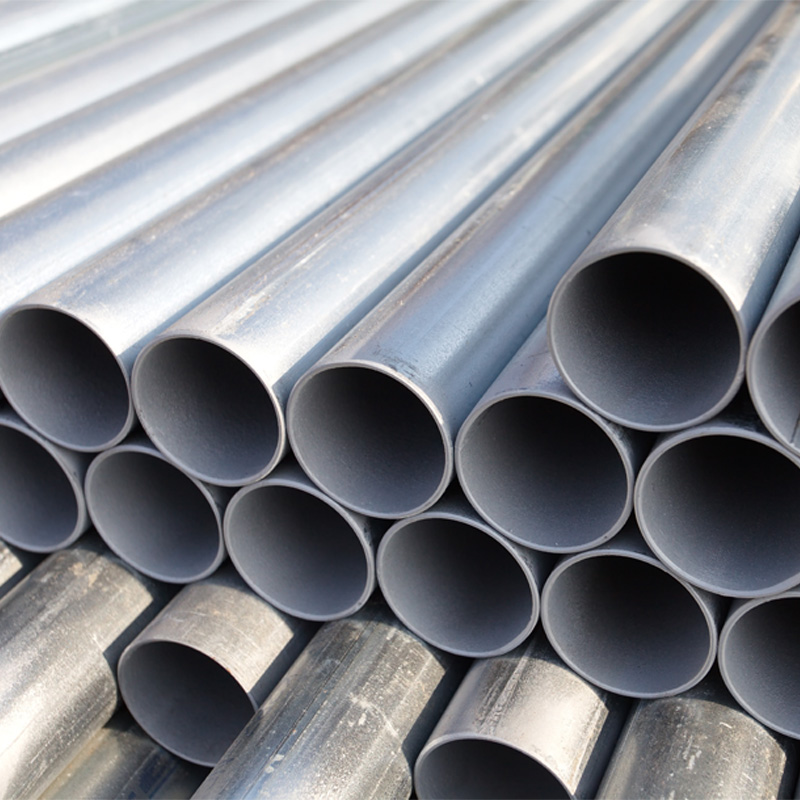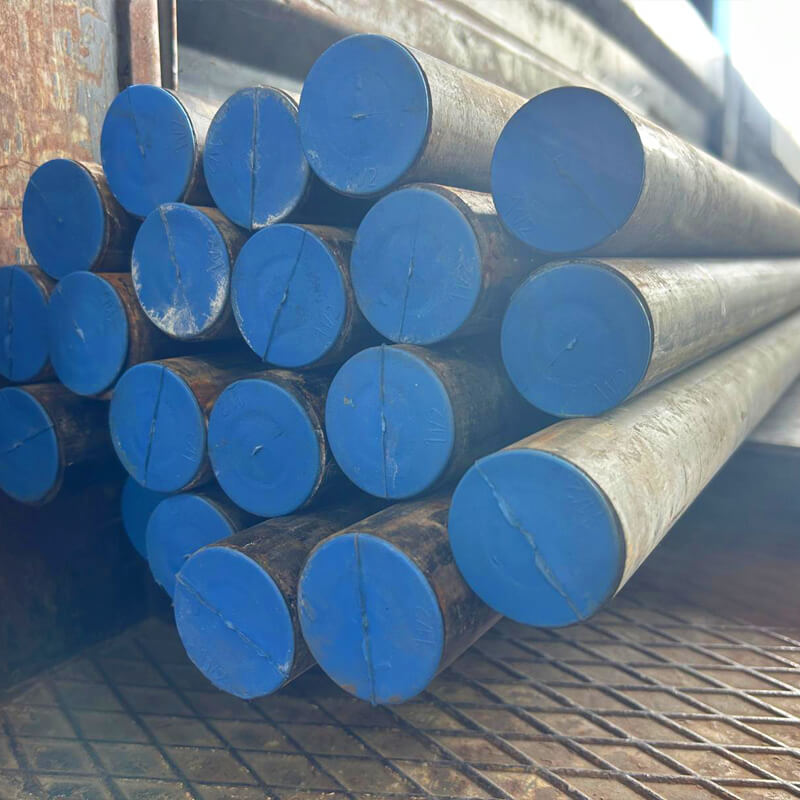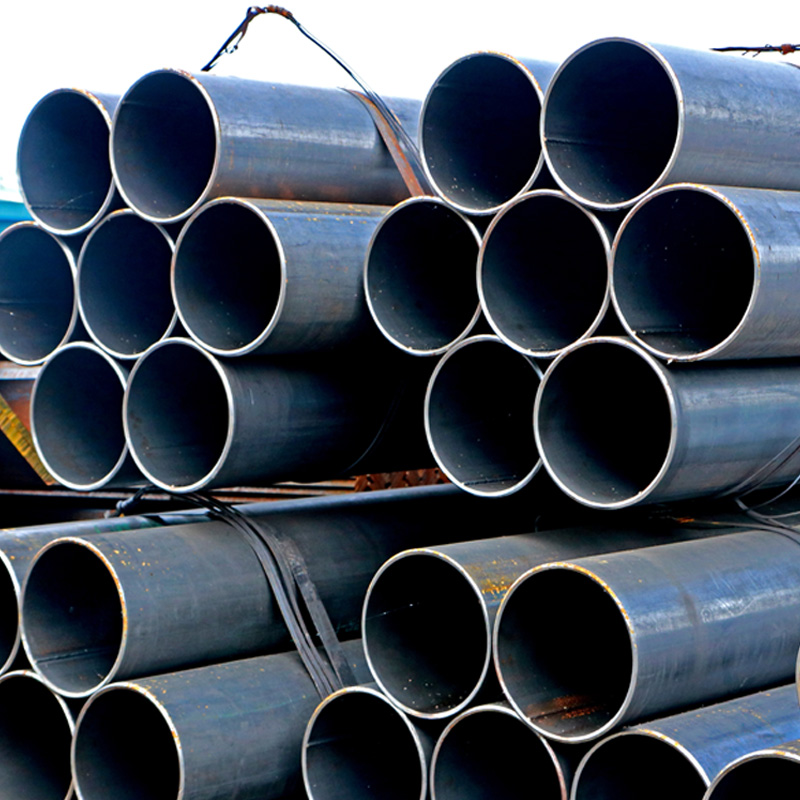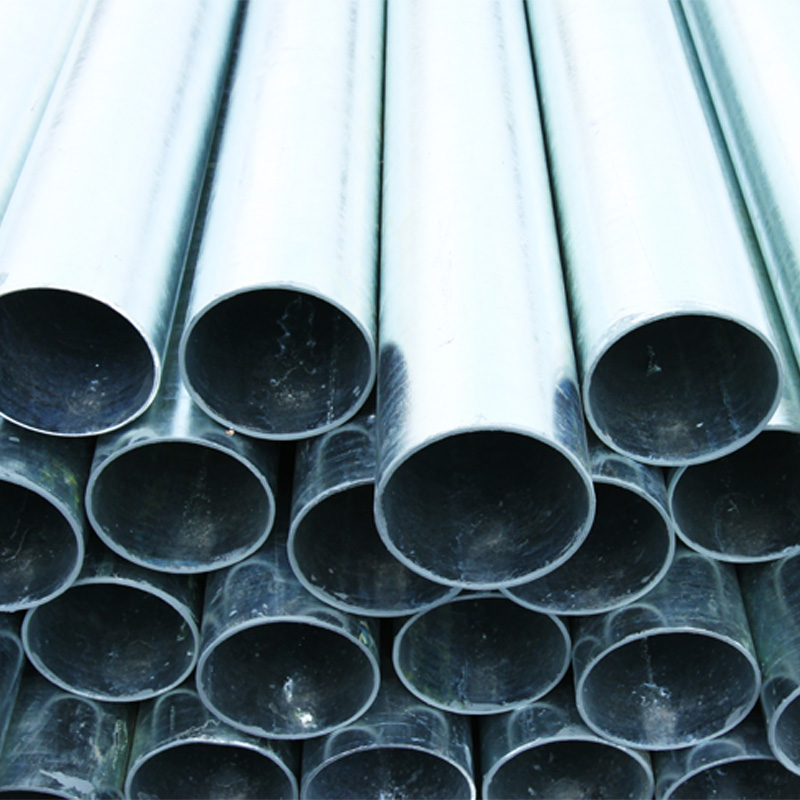Industrial pipes are used as a fundamental component in industrial plants, construction projects, and infrastructure systems. These pipes offer high durability and safety in the transportation of water, gas, energy, and chemicals. Industrial pipes made from various materials such as steel, PVC, and aluminum provide long-lasting and economical solutions to meet the needs of different sectors.
Industrial pipes have a very wide range of uses and are utilized for different purposes in almost every sector. The main areas of use are:
Oil and Gas Industry: Industrial pipes used for transporting oil and natural gas are designed to withstand high pressure and harsh environmental conditions.
Chemical Industry: Corrosion-resistant pipes are preferred to ensure the safe transport of chemicals.
Energy Sector: Industrial pipes with high-temperature resistance are used to convey steam and hot water in thermal power plants.
Food and Beverage Sector: Stainless steel pipes are common in this sector due to their hygienic properties and suitability for contact with food.
Water and Wastewater Management: Plastic and concrete pipes are commonly used for transporting water resources and disposing of wastewater.
Construction Sector: Industrial pipes are frequently chosen for plumbing systems in high-rise buildings and as support elements in structures.
The production process of industrial pipes can vary depending on the type of material used and the intended purpose of the pipe. The general production stages are as follows:
Raw Material Selection: Steel, aluminum, PVC, or other materials are chosen. Determining a material suitable for the intended use is the first step of the production process.
Shaping: Pipes are generally shaped using rolling or extrusion methods. Hot rolling is common for metal pipes, while extrusion is typical for plastic pipes.
Welding and Assembly: Metal pipes are usually joined by welding. This ensures the pipes can withstand high pressure.
Coating and Surface Treatment: To increase corrosion resistance, pipes undergo galvanizing or special coating processes.
Quality Control: The produced pipes undergo pressure, leak, and durability tests to determine if they comply with international standards.
What Are the Uses of Industrial Pipes?
Industrial pipes have a very wide range of uses and are utilized for various purposes in nearly every sector. The main areas of use include:
Oil and Gas Industry: Industrial pipes used for transporting oil and natural gas are designed to withstand high pressure and harsh environmental conditions.
Chemical Industry: Corrosion-resistant pipes are preferred to ensure the safe transportation of chemicals.
Energy Sector: Industrial pipes with high temperature resistance are used for conveying steam and hot water in thermal power plants.
Food and Beverage Sector: Stainless steel pipes are common in this sector due to their hygienic properties and suitability for food contact.
Water and Wastewater Management: Plastic and concrete pipes are commonly used for water transmission and wastewater disposal.
Construction Sector: Industrial pipes are frequently chosen for plumbing systems in tall buildings and in structural support elements.
What Are the Dimensions and Sizes of Industrial Pipes?
Industrial pipes are manufactured in various diameters and lengths. The dimensions are determined according to the intended use and sectoral needs. Industrial pipe diameters are typically defined as diameter (inner and outer diameter) and wall thickness. Commonly used diameters include:
Small Diameters (1-4 inches): Used in low-pressure systems.
Medium Diameters (5-12 inches): Common in industrial processes.
Large Diameters (12 inches and above): Used in oil, natural gas, and water lines.
Standard lengths for industrial pipes are generally 6 or 12 meters, although production in special sizes can also be done according to needs.
What Are the Types of Industrial Pipes?
Industrial pipes vary according to the materials they are made from and their characteristics. The main types of industrial pipes are:
Steel Pipes: Preferred in applications requiring high strength and durability.
Stainless Steel Pipes: Used where hygienic conditions and corrosion resistance are necessary.
Plastic Pipes: Common in water and wastewater systems due to their lightweight and flexible structures.
Composite Pipes: Made by combining different materials, these pipes are both light and durable.
Copper Pipes: Typically preferred in heating and cooling systems.
Aluminum Pipes: Used in the aerospace and automotive industry due to their lightweight structure.
The Importance of Industrial Pipes
Industrial pipes are one of the fundamental components of industrial systems. The correct selection of material and diameter ensures systems operate efficiently and have a long service life. Industrial pipe diameters, in particular, should be chosen according to the material to be transported and the application conditions. Incorrect pipe selection can lead to energy losses and system failures.
Industrial pipes and their diameters play a critical role in industrial applications. By using quality materials and choosing the right design options, long-lasting and efficient systems can be achieved.
Materials Used for Industrial Pipes
The choice of material for industrial pipes varies based on the purpose of the pipes and the characteristics of the fluid to be transported. The most commonly used materials include:
Carbon Steel: Often chosen for its high durability and typically cost-effective, but may require protective coating to reduce corrosion risk.
Stainless Steel: Widely used in the chemical, food, and pharmaceutical industries due to its corrosion resistance.
Copper: Offers high conductivity and good corrosion resistance. Usually preferred for special applications.
Plastic (PVC, PE, PP): Lightweight, flexible, and high chemical resistance plastic pipes are used in applications requiring less pressure.
Cast Iron: Known for its long lifespan in drinking and wastewater systems, but its weight and installation difficulty limit its use.
Welding Techniques Used for Industrial Pipes
Welding techniques are crucial in the process of joining industrial pipes. Which technique to use depends on the pipe material, diameter and thickness, as well as application characteristics. The most common welding techniques are:
TIG Welding: Provides precise welding on stainless steel and thin-walled pipes. Preferred for high quality and durability.
MIG/MAG Welding: Common in carbon steel pipes. Provides fast and efficient joining.
Oxy-Acetylene Welding: Used for repairing cast iron pipes.
Electric Arc Welding: Suitable for joining thick-walled pipes. Preferred especially in applications requiring structural durability.
Technical Challenges in Producing Industrial Pipe Diameters and Thicknesses Differently
Industrial pipe diameters and thicknesses vary based on usage areas and standards. This variety can lead to some technical challenges in the design and production process:
Incompatibility Between Standards: Joining pipes with two different standard diameters or thicknesses requires additional adapters or special parts.
Welding Challenges: To achieve a proper connection when joining pipes with thickness differences requires special techniques and experience.
Assembly Difficulties: When joining pipes of different diameters, issues such as flow rate and pressure differences may arise.
Maintenance and Inspection Processes for the Long-lasting Use of Industrial Pipes
Regular maintenance and inspection are necessary for the long-lasting use of industrial pipes. These processes can be organized as follows:
Visual Inspection: Detecting rust, cracks, or deformations on the pipe surfaces.
Pressure Tests: Regular pressure tests should be conducted to ensure pipes maintain their maximum load capacity.
Corrosion Protection: Use of protective coatings or chemical corrosion inhibitors.
Flow Control: Detection and cleaning of blockages obstructing flow within the pipes.
Factors to Consider in the Selection of Industrial Pipes
When selecting an industrial pipe, many factors, such as the characteristics of the fluid to be transported, operating pressure, temperature, cost, and environmental conditions, should be considered:
Type of Fluid: Chemical substances or abrasive fluids require stainless steel or plastic pipes, while carbon steel may be sufficient for water transportation systems.
Industrial Pipe Diameters: Pipes with a diameter suitable for the flow rate should be selected. Incorrect diameter selection can lead to energy loss and system inefficiency.
Pressure and Temperature: Special materials should be used for high pressure or temperature.
Cost: Long-term costs should be considered when selecting the appropriate material.
Industrial pipes are the backbone of industrial systems. Their lifespan can be extended, and system performance maximized by selecting the correct material, diameter, thickness, and welding techniques. Regular maintenance and inspections of industrial pipes enhance safety and efficiency, ensuring the continuity of facilities.

 TR
TR

